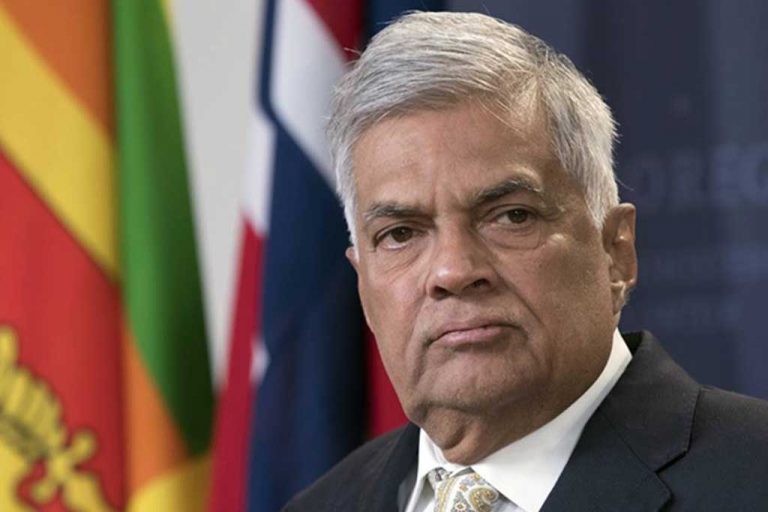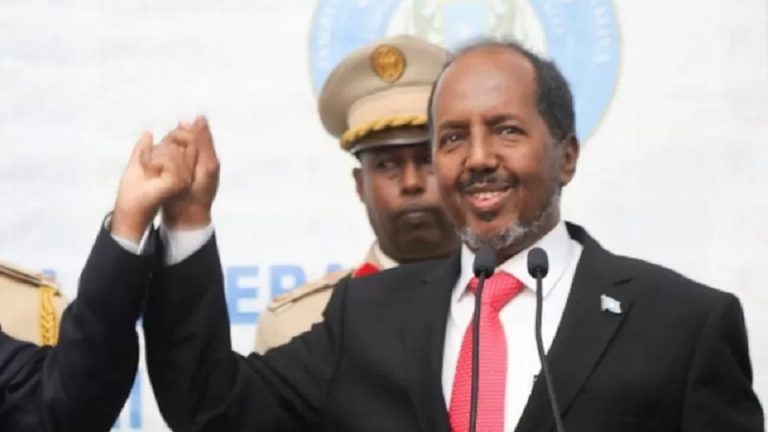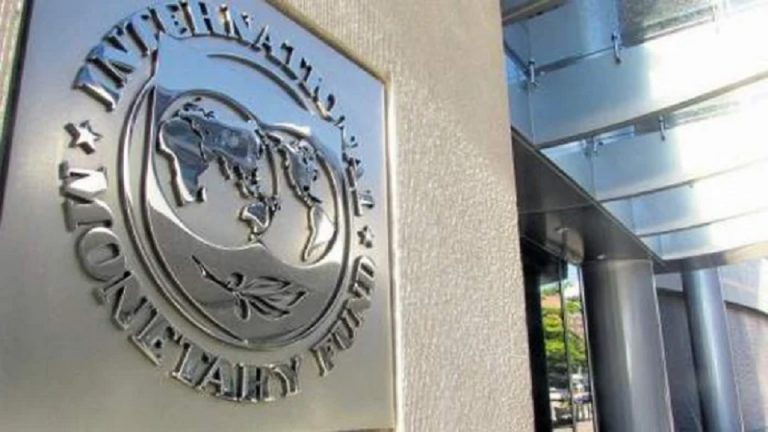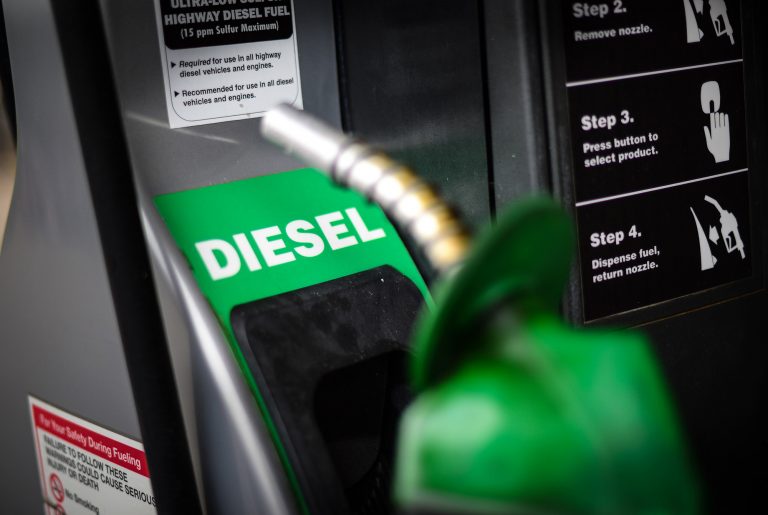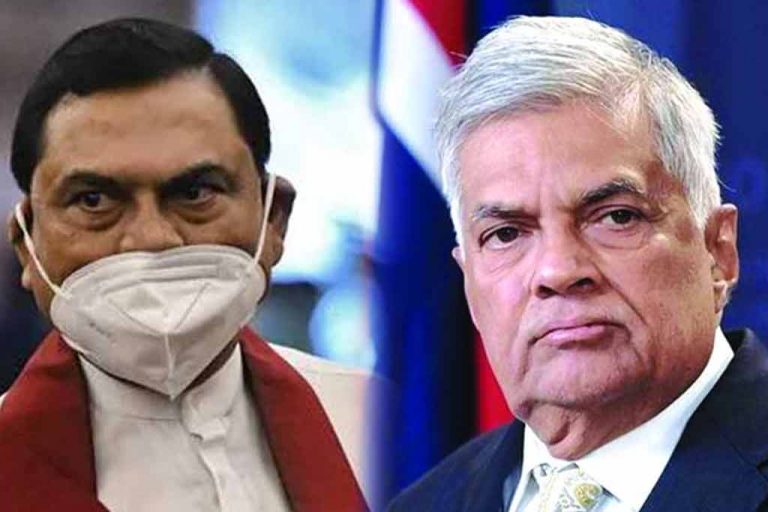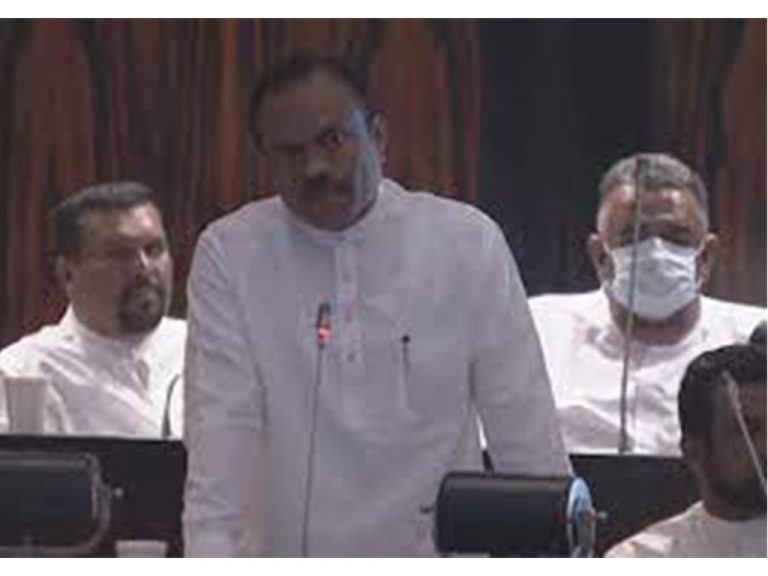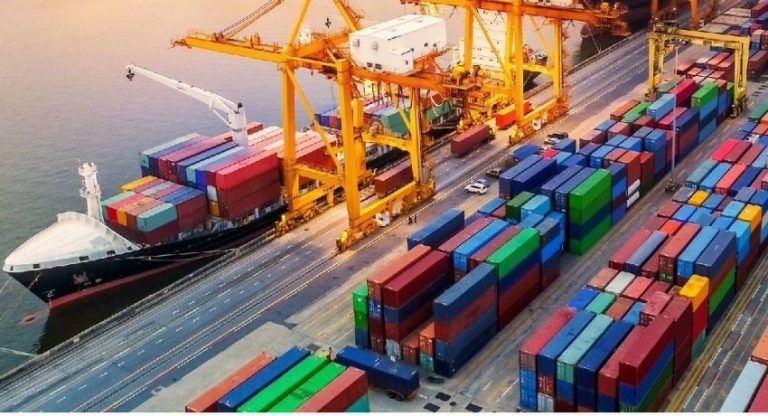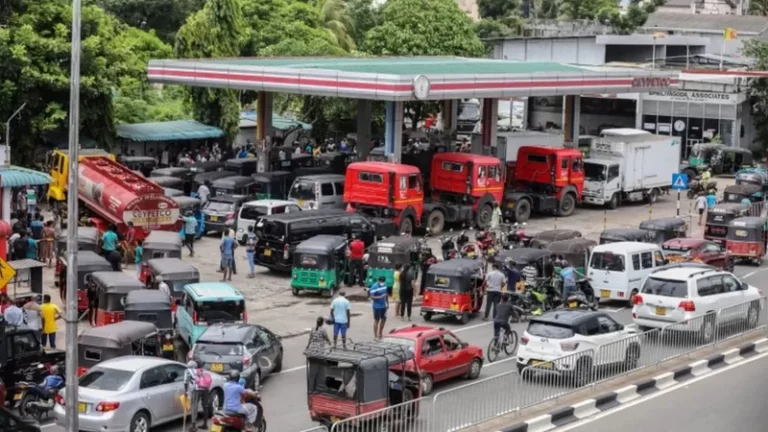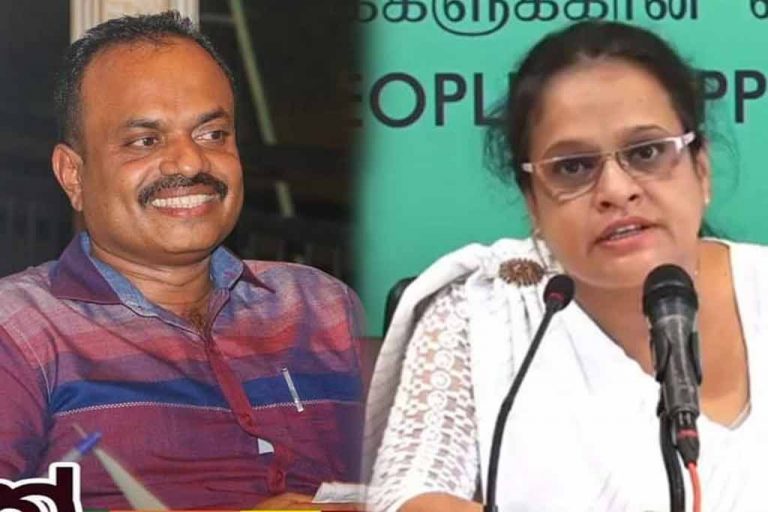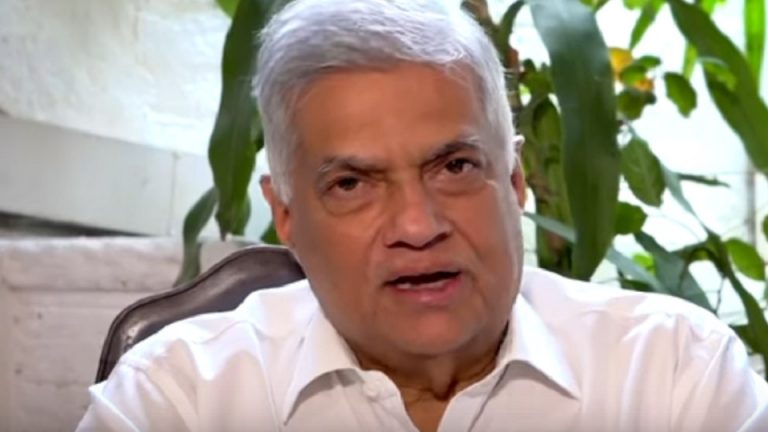Letter to Prime Minister Ranil Wickremesinghe
Prime Minister,
As I watched you take oaths at the Presidential Secretariat, my mind was drawn to the last time you did so, on 16 December 2018, on day 52 of the 52-day coup plot that was mounted against Lankan democracy. On that Sunday morning, you were flanked by your wife, Dr. Maithri Wickremasinghe and several senior opposition MPs in what still feels like the finest hour in the history of our constitutional democracy.
Several political parties rallied around you, putting the constitution before party politics and personal grievances. There was no doubt in anyone’s mind that your side was the side of right, and the side of democracy.
On the three previous occasions when you took oaths as Prime Minister, you did so with a strong mandate, after conclusive electoral victories. Consequently, these swearing in ceremonies were celebrative affairs, accompanied by the air of hope your mandate deserved.
So, it was with a heavy heart I watched you being sworn in last week before President Gotabaya Rajapaksa in a dark, empty room. I imagined to myself how different it would have been if this fifth swearing in ceremony had better resembled your previous ones. There were no cheering crowds, because you had won no election, had recieved no mandate to govern.
Given the Rajapaksa family history of power hunger, bloodlust and greed, coupled with the demands of the national protest movement, Sajith Premadasa drew a line in the sand and refused the premiership under a Rajapaksa presidency. Whether he did so on principle, or out of fear of taking on so great a challenge, I cannot say. The fact that you have risen to the moment and taken on the most difficult job in the country is thus admirable.
If you are to succeed, you can only do so by unifying and integrating, not by dividing and conquering. No one can minimize the series of political masterstrokes by which you navigated from a personal electoral defeat in your traditional bastion of Colombo, to entering Parliament on the UNPs single national list seat, to ascending to the premiership. However, you will be judged not on your personal achievement in ascending to power, but by what you do with that power to serve the country.
As it stands, your cabinet is set to be comprised primarily of members of the Podujana Peramuna alliance including the SLFP. I don’t need to remind you that these are the same people responsible for putting Sri Lanka into this mess in the first place.
Indeed, the majority of those who have come out in support of your premiership to date are the very same people who fought to make Gotabaya Rajapaksa president. They argued that the country needed to be saved by him, from you and your policies. For you to succeed, you will need to build a wider base of support that reaches beyond such self-serving hypocrites, who would be eager to sabotage you no sooner they need a fresh scapegoat.
This kind of inconsistency, hypocrisy and insincerity has ruled our politics for generations, and people are sick and tired of it. The people are closely watching, still trying to decide whether you were brought in to serve Sri Lankans or to serve Rajapaksas. Although you may be tempted to peel off weak-willed opposition members to join you in exchange for ministries and perks, remember that if you weaken the opposition, you will further strengthen the Rajapaksas.
To put the country right and establish the credibility and legitimacy of your premiership, you need the sharpest knives in the drawer, in particular Eran Wickremaratne, Harsha De Silva and Champika Ranawaka. You need the firm political foresight of veterans like Rajitha Senaratne, Thalatha Athukorale and Ranjit Maddumabandara, the fire of more younger members like Rohini Wijeratne and Shankyan Rasamanikkam. You would benefit from the legal and constitutional prowess of M.A. Sumanthiran, and the discipline and organisational capacties of Anura Dissanayake and others of the JVP.
But the support of such serious people cannot be secured through ‘deal’ politics. There is no doubting your mastery of such negotiations and maneuvering. For the sake of the country, you should use those skills to secure desperately needed relief for our people, and not wield them as a weapon against the parties in Parliament who are fighting on behalf of the people to defeat the Rajapaksas.
Especially now that the SJB has offered to support your government on the very reasonable condition that you not try to splinter their party from within, I would urge you to accept their offer gracefully, regardless of any rivalry between yourself and their leader. In asking you to do so for the sake of the country, I must remind you of our shared history. It was no secret that Sajith Premadasa was extremely unhappy under your leadership of the UNP. He had spoken openly against you, and your personal grievances were an open secret when the coup started in 2018.
Despite that, you know as well as I do how ferociously and tirelessly Sajith Premadasa fought on your behalf during the 52-day coup. Sajith consistently refused overtures to become premier. Instead, he remained loyal to you and loyal to the UNP. He respected the constitutional requirement that a prime minister must command a majority in parliament by the time of his appointment, and he refused to backstab you and try to coral a majority together using state office as an inducement.
As you know, on the several occasions that Sajith and I went to meet President Sirisena, he argued with the president on your behalf. He did this not necessarily because he liked you. I believe he did so on principle, and that he did it because it was the right thing to do for democracy.
Whatever bad blood exists between you, as the more senior politician and now as Prime Minister, you will be expected to rise above the temptation to keep playing chess against Premadasa. The people do not want you in combat with each other. They want all right-thinking MPs to alleviate their suffering, and ensure they are never again choked under the jackboot of Medamulana tyranny.
There were always three contenders to replace Mahinda Rajapaksa. They were Premadasa, Karu Jayasuriya and yourself. You can still bring legitimacy to your government by engaging with them, and the leadership of other opposition parties. You should share with them your plan to govern, to resolve our economic, political and humanitarian crises. As Prime Minister, you can be the bigger person and get Sajith Premadasa and other key stakeholders into a room and chart the path forward, in a way that gives you the benefit of the expertise and judgment that you are unlikely to find in your cabinet if it is comprised of the SLPP, SLFP and a few opposition members who can be bought for perks. Even if you cannot meet personally, set up a mechanism to keep the opposition in loop. Keep them informed of what you are doing and get their feedback and opinions. Such a give and take is what the country needs, what you need in this fateful moment.
It is essential for the country that your government wins the legitimacy of opposition support and is not seen as a Rajapaksa clone. The most tragic way for your fifth premiership to go down in history would be for it to be perceived as you having effectively done to Sajith Premadasa what Mahinda Rajapaksa did to you during the coup.
Your speech today, which was simple, direct and logical, made it clear that you understand that this will be the greatest challenge Sri Lanka and you have ever faced. Indeed it is doubtful if anyone else would have had the knowledge and more importantly the compulsion to reveal to our people the true predicament of our country. The likes of Cabraal would have on the other hand continued to hoodwink one and all. For this we have to thank the protesters. This is an important fact that everyone in the government must not forget. I hope all politicians would have by now clearly understood that deceit and arrogance will not be tolerated by the public anymore. It’s time that everyone realises that If we do the same thing over and over again we will get the same result. I hope you will do things differently. I hope and pray that you succeed in uniting the country and delivering the relief and reform that our people so desperately need and so richly deserve.
Yours sincerely,
Krishantha Prasad Cooray

